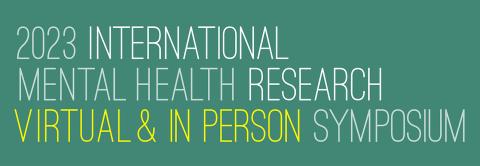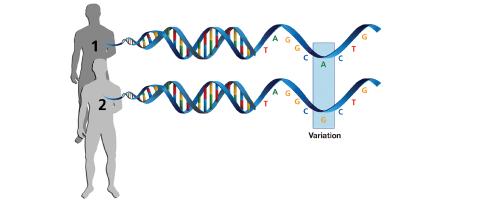
The remarkable career a Dr. Herbert Pardes, co-founder of BBRF and the founding president of BBRF’s Scientific Council. Dr. Pardes was an internationally renowned advocate for mental health, academic medicine, medical research, education, children, access to care, and humanism and empathy in care delivery.
Read More
In an excerpt from his recently published memoir, Dr. Herbert Pardes explains how through the formation of BBRF, citizen philanthropy was directed to the cause of advancing research on the brain and psychiatric illness—a cause that was close to his heart and which played a central role in his life.
Read More
On October 27, 2023, we held our International Mental Health Research Symposium.
Read More
In 2024, the Brain & Behavior Research Foundation awarded Distinguished Investigator Grants valued at $1 million to 10 senior-level scientists who are conducting innovative projects in neurobiological and behavioral research.
Read More
Dr. Sandra Sanchez-Roige explains how large-scale studies of genome variations have identified risk locations for substance use disorders. She also discusses the importance of converting these signals from the genome into biological understanding of mechanisms and vulnerabilities which may provide a path forward for the development of novel treatments.
Read More

